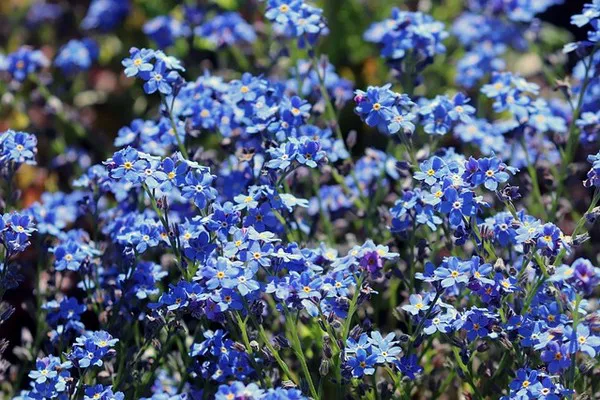A recent collaboration between Bangor University and the UK Center for Ecology & Hydrology (UKCEH) has revealed a heartening truth—people want more nature in their towns and cities. The research, conducted in partnership with Denbighshire County Council and involving a survey of 1,866 people across the UK, highlights the overwhelming public support for increasing the presence of trees and wildflower meadows in urban areas.
The study centered on the coastal town of Rhyl in North Wales, where environmental changes were assessed to gauge the community’s perceptions. The results were striking: 73% of the surveyed individuals expressed a desire for more trees, while an even more substantial 75% wished for more wildflower meadows.
In a world where resistance to neighborhood changes is the norm, the unequivocally positive response was unexpected. Professor Thora Tenbrink of Bangor University noted, “It is heartening to see that there is so much support for greenspace in cities and towns. Our results will help both councils and residents with better future design of local green spaces.”
Denbighshire County Council, as part of its Climate and Ecological Change Strategy, is committed to implementing urban green infrastructure interventions, including tree planting and the establishment of wildflower meadows. The Rhyl case study provided a valuable opportunity to assess the benefits of planned and existing intervention schemes. The research demonstrated the value of these initiatives by examining data related to noise, carbon, and air pollution.
Professor Laurence Jones of UKCEH emphasized, “Our models show the considerable benefits that trees and wildflowers provide. They reduce heat and noise, and give us cleaner air and more biodiversity. These scientific findings back up people’s intuition that more greenspace is better for all of us.”
In-depth interviews with 28 Rhyl residents further reinforced the significance of trees and wildflower meadows:
96% of participants expressed a deep connection to trees and wildflower meadows.
82% considered spending time among trees important.
68% considered spending time among wildflower meadows important.
Biodiversity benefits were significant for 96% of respondents.
Health and well-being benefits were important to 100% of respondents.
Carbon storage benefits mattered to 57% of respondents.
Councillor Barry Mellor, Lead Member for Environment and Transport at Denbighshire County Council, shared his perspective on the project, saying, “We were pleased to be involved in this work. Results from both the national survey and the Rhyl data revealed the majority of people stated wildflower meadow creation and tree planting was important to them.”
This study serves as an encouraging endorsement of the public’s desire for greater greenery in urban areas and reinforces the importance of integrating nature into our cities. It also guides councils and policymakers in their efforts to address the climate and nature emergencies while creating healthier, more vibrant communities. Denbighshire County Council is now actively considering the findings in planning future greenspace interventions, reflecting a positive step toward a greener and more sustainable future for towns and cities.


